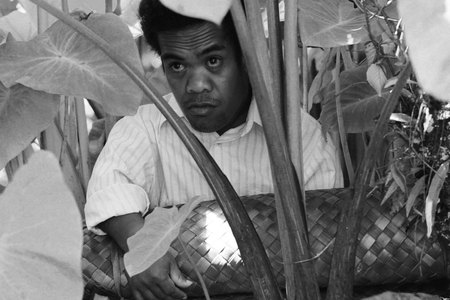The Orator
I went into the Rialto having read many a good review for The Orator, even rumours of an Oscar nomination. I left not knowing if I had gone to see the same film.
If you want to watch a beautiful portrait of the intricacies of Samoan culture - its faith, its rugby, its landscapes and its sounds - I’d quickly recommend you buy a ticket. Writer and debutant director Tusi Tamasese drives us through what he calls his image of growing up in Samoa on a documentary-style road. The way he drives us down the road, though, is questionable. It was difficult to know why there was little dialogue between the husband and wife, Saili and Vaaiga. Though it is obvious that there is a sense of shame and tension filling the silences of the two characters, it was hard to know whether it was cultural, part of the narrative or both.
While Saili looks after the graves of his parents and performs his duties in the community, he seldom looks after Vaaiga or her daughter Latia. Vaaiga hides Saili from her ashamed family, who banished her for having a child out of wedlock. Meanwhile, Latia herself is often out of home flirting with older men. Saili has to live knowing he is an embarrassment to his wife and the rest of the community for being a little person. He watches Latia rebel and Vaaiga wither away while trying to prove his weight in his township. Saili holds no remorse – in many ways he can be seen as an example to follow. Though his neighbours mock him, he is courageous, and throughout the film he slowly becomes more of a part of the community as he tries to regain his family’s chiefly title.
The Orator is a contemporary snapshot of Samoan culture, and was enjoyed by the Samoan audience in the cinema. However, it paradoxically lacked inspirational dialogue, maybe thus highlighting aspects of a culture unknown to most New Zealanders. In the end Saili, the underdog, proves to us that you need a “mouth and a heart to be a chief”.



